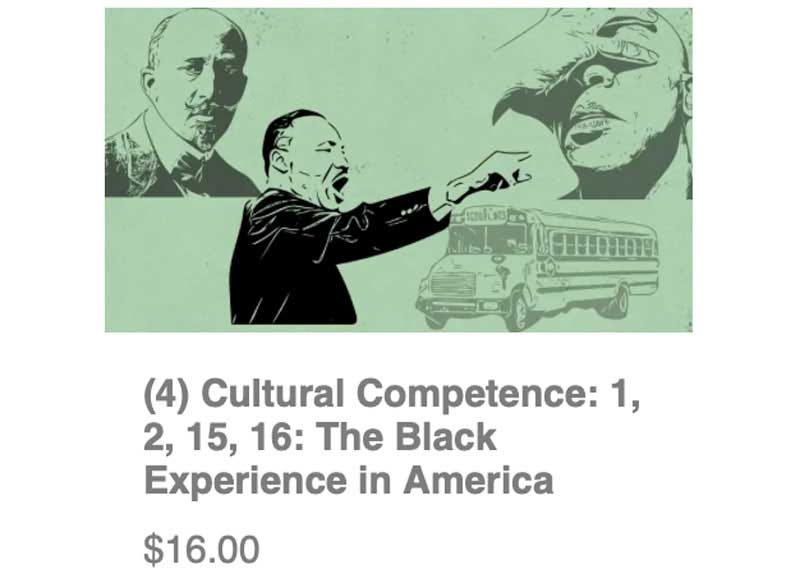Masks, Black Achievement and Mental Health
The mental health of the high-achieving is getting attention lately, as first Naomi Osaka and then Simone Biles stepped back from big competitive moments for reasons many in the public did not understand. As I’ve reflected on it, the dynamic at play for these athletes — the pressure to remain composed and perform, even at the cost of their wellbeing — reminds me of a lesson in The Black Experience in America: The Course.
That lesson is Masks, the fourth I designed as part of Cycle 1, Double Consciousness.
My goal throughout Cycle 1 of The Course is to introduce the tension in being Black and American, and to show how that tension informs both the Black experience and the American experience. W.E.B. Du Bois gave it the name Double Consciousness, but the tension preexisted America itself; Shakespeare wrote about it in Othello (the subject of Lesson 2).
One of the ways of dealing with this tension is to bottle it up and hide it, and put on the performance that the public wants to see. That’s what Paul Laurence Dunbar describes in his famous poem, We Wear the Mask. The first stanza:
We wear the mask that grins and lies,
It hides our cheeks and shades our eyes,—
This debt we pay to human guile;
With torn and bleeding hearts we smile,
And mouth with myriad subtleties.
Dunbar himself was a brilliant, prolific writer despite the racial barriers to his success. Though he wrote many poems like We Wear the Mask that were in standard English, his works that got the most attention in his day were “dialect poetry” that captured the homespun way many Black people talked. He’s said to have expressed frustration with how he was pigeonholed in dialect poetry, which makes me wonder whether writing it felt like wearing a mask to him at times.
Bringing it all together: The goal must be health and wholeness, whether we’re under the weight of global expectations or just in our individual lives. Sometimes that means getting past the masks that society’s expectations can tempt — or force — us to wear.
(Maya Angelou’s image above represents the lesson because of her spin on Dunbar’s poem; you’ll find that as part of the lesson if you download it.)
Download the Premium version of the lesson outline of The Course here for $5. You’ll also find a free version here.
You can take The Course online. Buy a lesson bundle, and send others the link:



